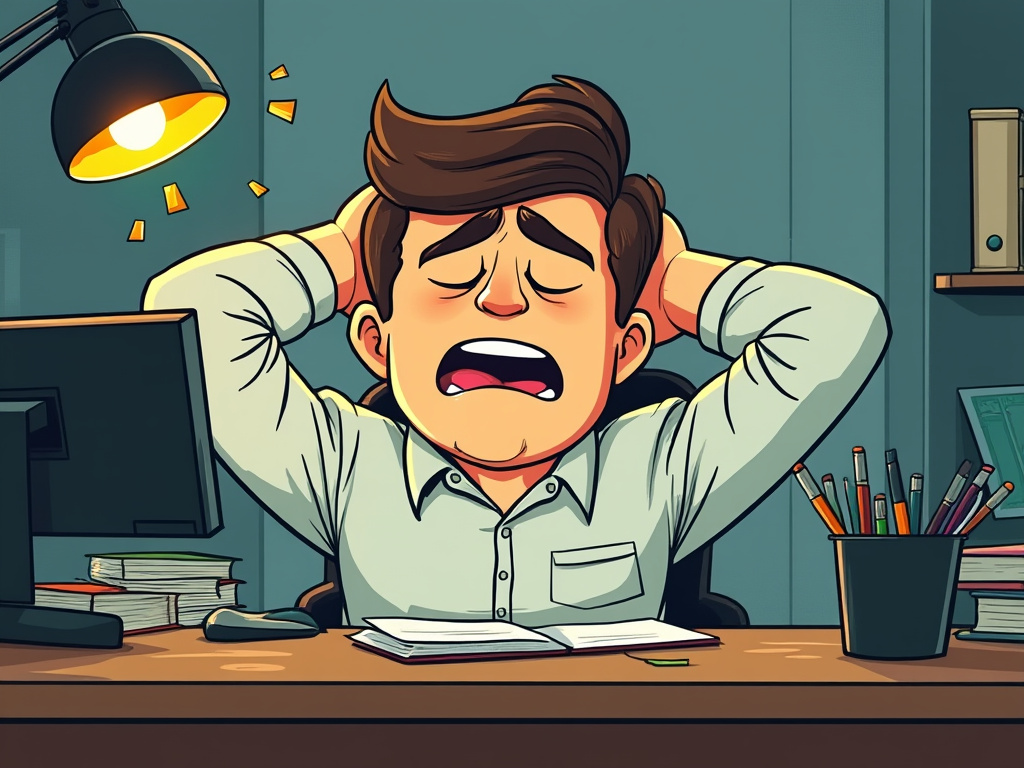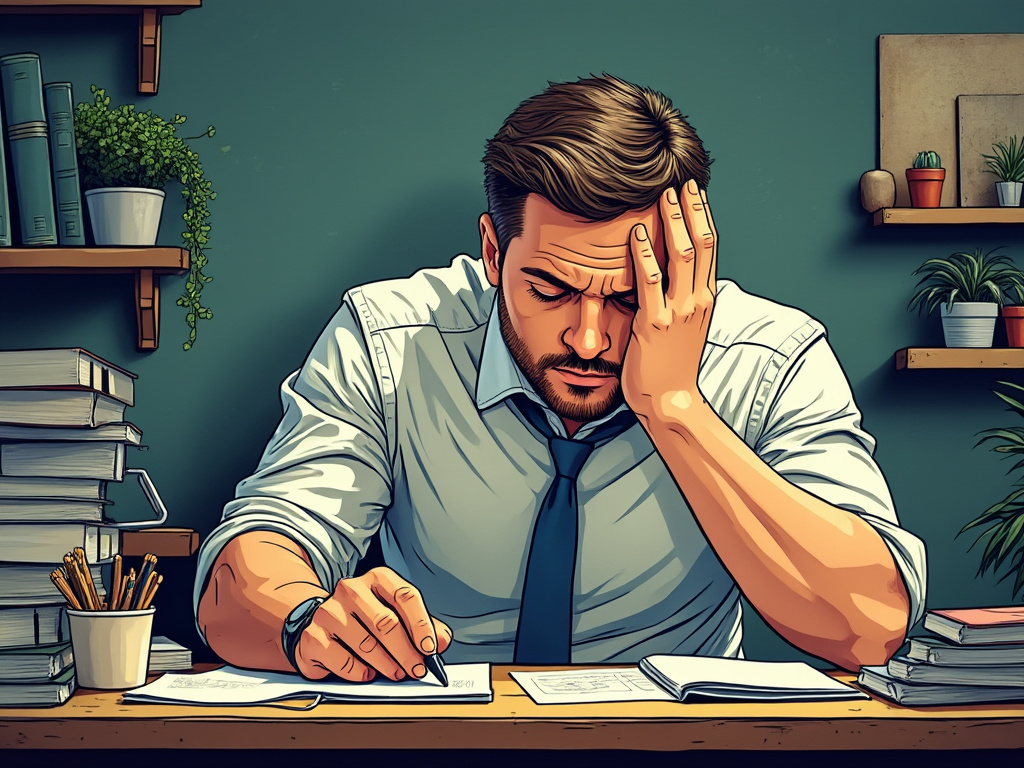
The ongoing saga around New Plymouth Boys’ High School student Oliver Jull has depressed freedom-lovers all over New Zealand. Jull’s speech contained nothing objectionable enough to warrant censorship. But that doesn’t matter to the New Zealand school system, for reasons this essay will elaborate.
Jull wrote a speech for a school competition, but was barred from speaking in the finals of that competition on the grounds that his speech was likely to “upset” some listeners. This then became a drama involving The Platform and the Free Speech Union.
It transpires that NPBHS authorities then lied when they denied that Jull had been banned from speaking on the grounds of the content of his speech. According to the Free Speech Union, Jull recorded conversations with those authorities in which they explicitly stated that he would be permitted to continue to the finals if he changed the content of the speech.
Many observers find it incredible that a high school would go to the extent of censoring one of their own students and then lying about it. These observers are operating under the common, but naive and mistaken, assumption that schools are there to educate.
The role of the school, in reality, is to induce submission and obedience. The school system was created by the ruling class for a specific purpose: to churn out submissive, obedient workers and soldiers. The ruling class want to be obeyed when they order someone to work their whole life for a wage they can never buy a home on, or to charge a machinegun nest and kill everyone inside.
Central to the obedience-inducing process is brainwashing the student to believe that their ruling class is perfect.
One simply must believe that one’s rulers are the greatest rulers in history: the most just, the most wise, the most knowledgable, the most perfect in every way. As such, to doubt or to question them is outrageously antisocial. One simply must believe that one’s society is eternally and inexorably marching upwards. To suggest otherwise is to question the omnipotence and omnibenevolence of the ruling class.
The problem is that Jull’s speech criticised the ruling class.
Schools regiment the thinking of their students such that those students come to accept everything the ruling class tells them to think. This is why teachers love to assert that everything is better now than it ever has been. This is especially why educators love materialist science, which has marched ever-forward for a few centuries now, and why they don’t like classical studies, which dispel the myth of progress.
The last thing the ruling class want is a generation of young men who think for themselves. From the perspective of the ruling class, letting young men think for themselves is inherently a license for destabilisation. ‘Ignorance is Strength’, ran one of the three mottos of Big Brother, and it’s as true for us in Clown World today as it was for Winston Smith in Airstrip One.
Hence, Jull is not allowed to give a speech about the decline of Western civilisation.
A sentence such as “Mass immigration and multiculturalism have disrupted the very fabric of Western societies,” is outright forbidden. The globalists in charge of the West want all the cheap labour they can stuff in. To manufacture consent for doing this, they take measures to stifle any and all anti-immigration sentiment that arises. Immigration is how the rich get richer, thus it’s beyond criticism.
It’s also verboten to state, as Jull did, that “mass immigration has disrupted cultural continuity [and] increased violent crime.” The NZ Police monitor VJM Publishing social media for making comments exactly like that (see screenshot below). The fact that certain immigrant groups commit enormous amounts of crime, and others don’t, is a very touchy subject in the eyes of our ruling classes. If it were more widely known, there would be more opposition to mass immigration, and less immigration means less profit.

The ruling class, by contrast, has no such speech restrictions – they’re not even restricted to the truth. We lowly peasants don’t have the right to question our rulers: not regarding World War conscription, not regarding the War on Drugs, not regarding permission to give speeches. As the ruling class lied about the World Wars and the War on Drugs, without facing any sanction, they can lie to us about our rights too. Hence they lied about why Jull was not permitted to give his speech in the competition finals.
None of the NPBHS staff who lied to Jull will face any consequences – because they lied on behalf of the interests of the ruling class. As this column has previously written, everything is acceptable if it serves the interests of the ruling class.
In summary, Oliver Jull was silenced for the same reasons that VJM Publishing has been silenced over the years: speaking the truth in defiance of the interests of the ruling class.
*
For more of VJM’s ideas, see his work on other platforms!
For even more of VJM’s ideas, buy one of his books!
*
If you enjoyed reading this piece, buy a compilation of our best pieces from previous years!
Best VJMP Essays and Articles of 2023
Best VJMP Essays and Articles of 2022
Best VJMP Essays and Articles of 2021
Best VJMP Essays and Articles of 2020
Best VJMP Essays and Articles of 2019
Best VJMP Essays and Articles of 2018
Best VJMP Essays and Articles of 2017
*
If you would like to support our work in other ways, make a donation to our Paypal! Even better, buy any one of our books!





